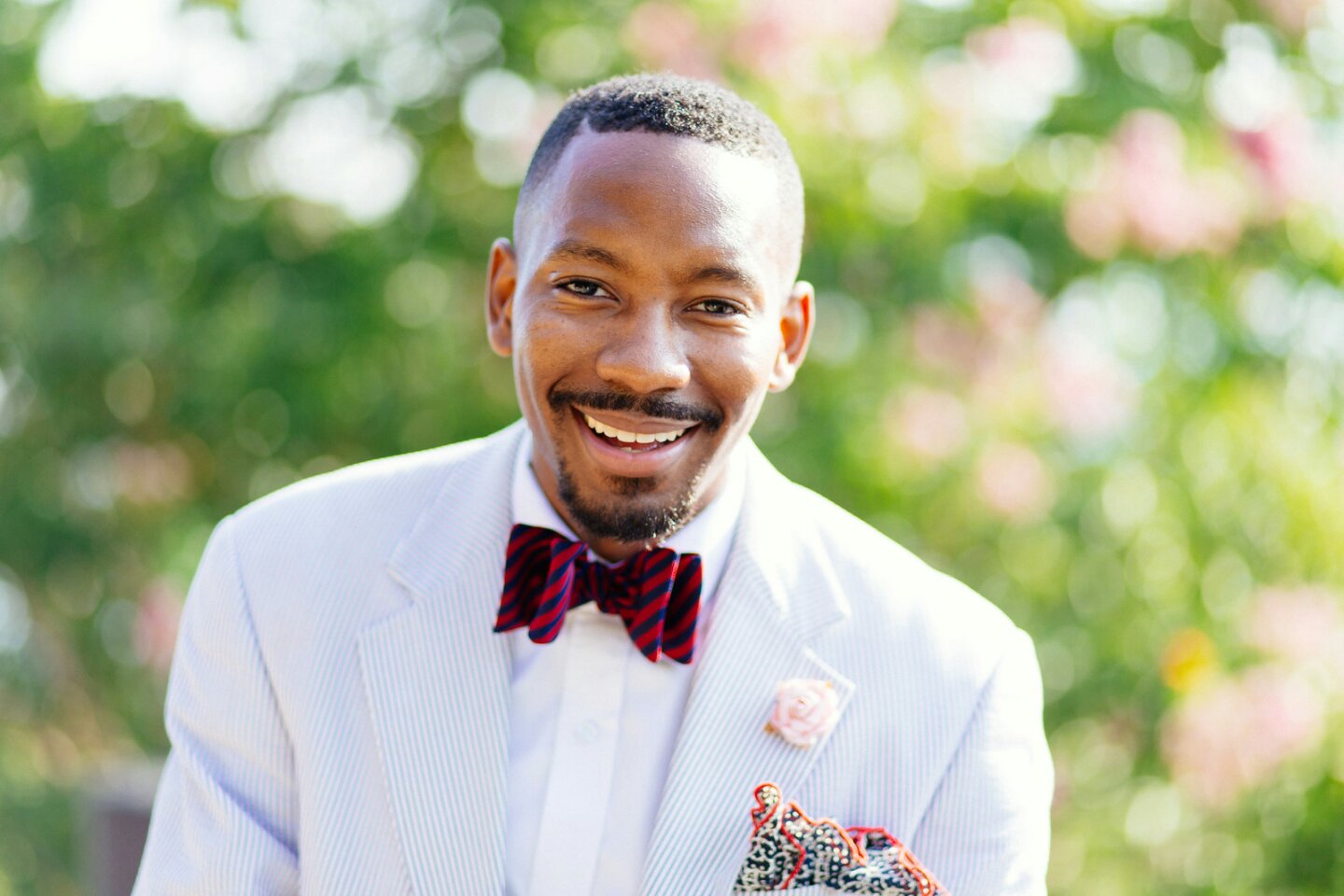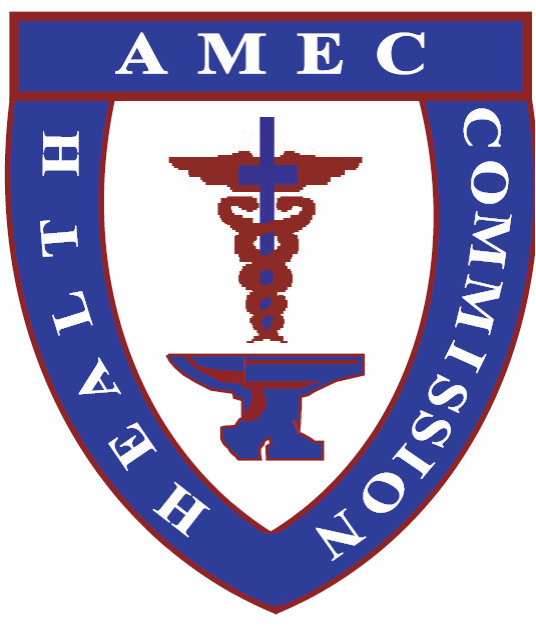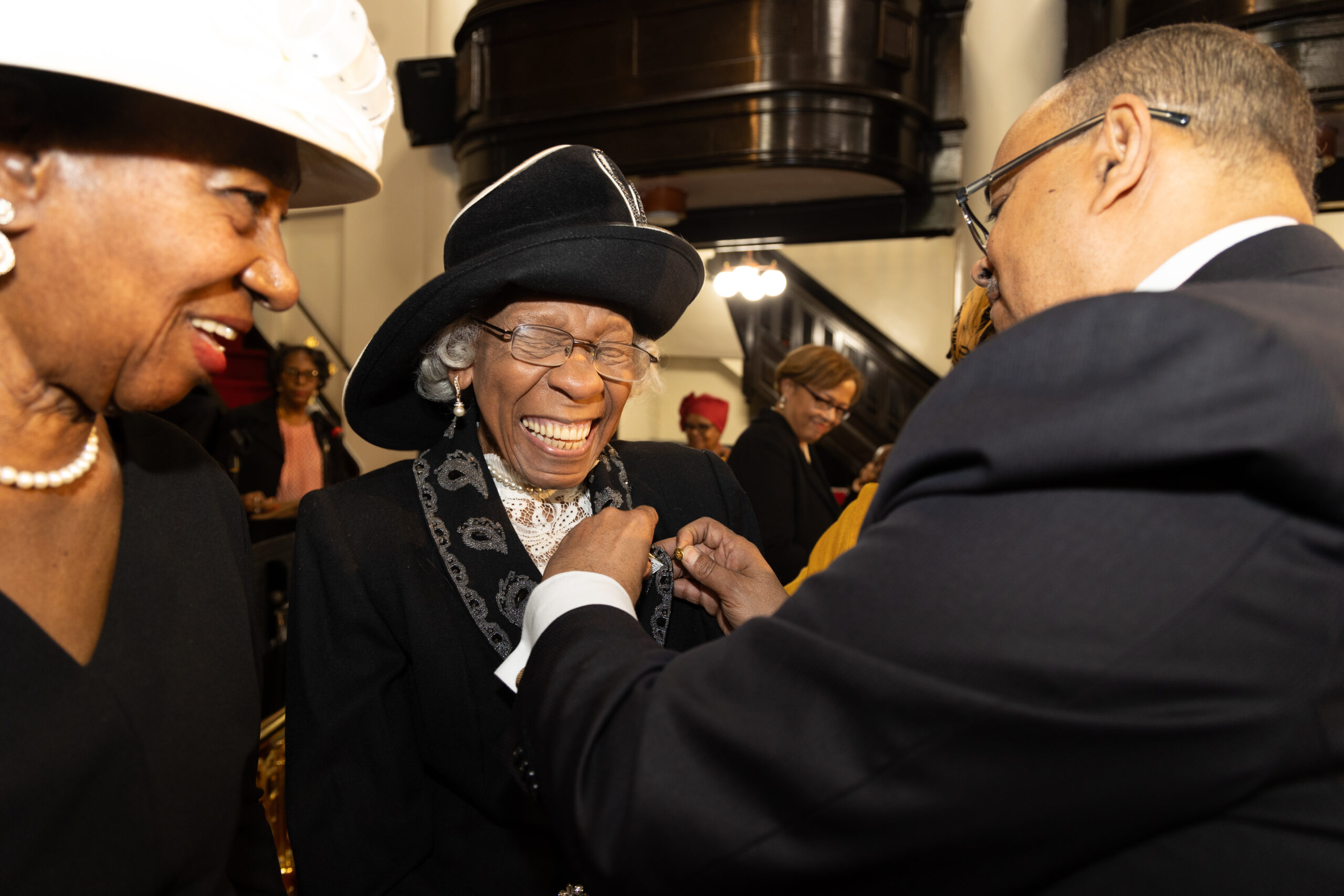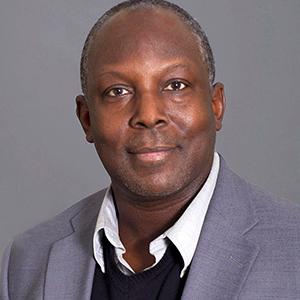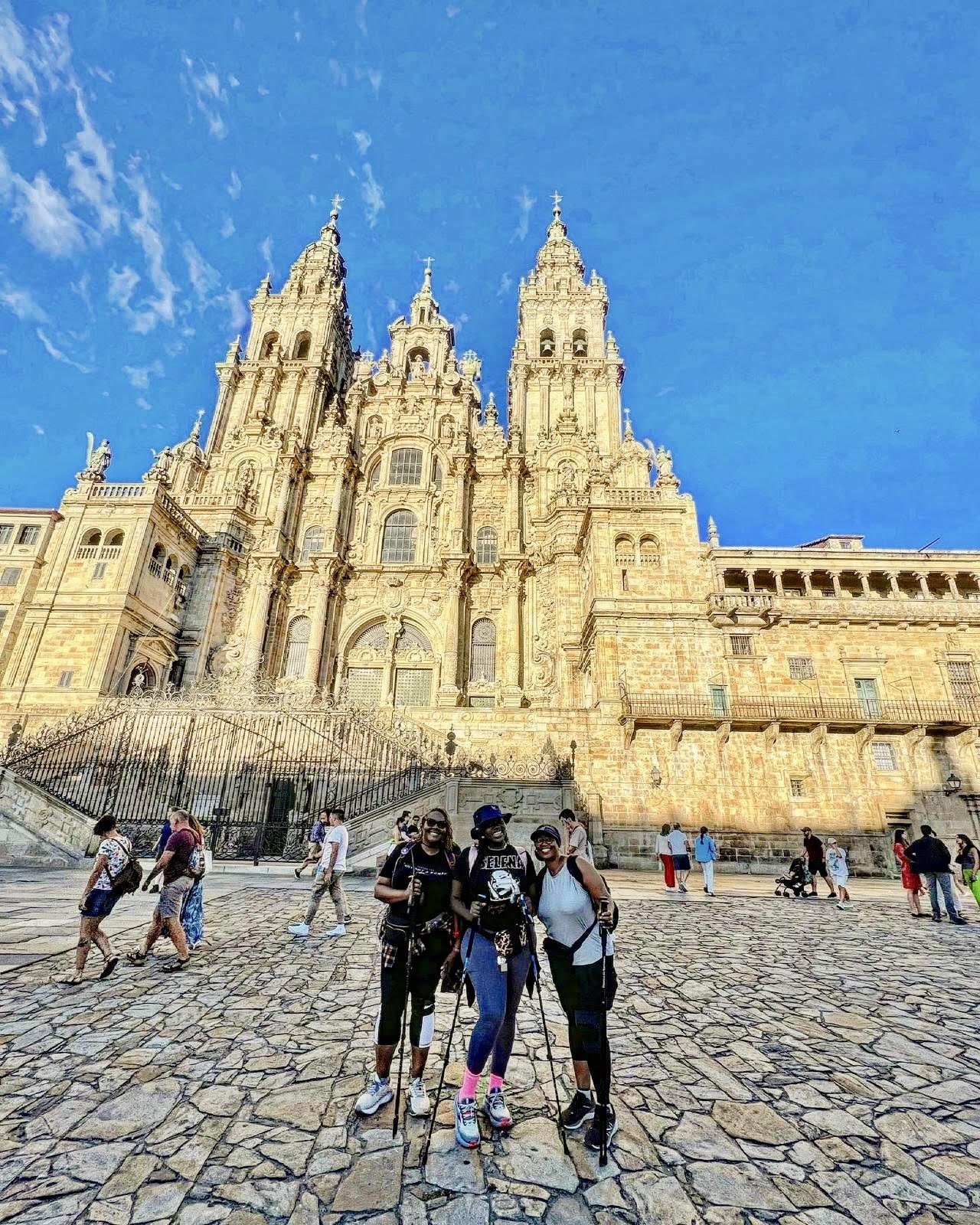The Tales of Freedom
By Quardricos Driskell, Columnist
No single crisis in recent American history has so abruptly magnified the country’s racial disparities andinequities as the coronavirus. From health to economics, communities of color particularly are hit the hardest. Additionally, the coronavirus pandemic has shocked the very bedrock assumptions about American exceptionalism. All over America, the virus is revealing—or at least reminding us—just how much of contemporary American life is utter poppycock with power structures built on punishment and fear as opposed to our best interest. Thus, whenever the U.S. government or corporations withdraws punishing threats or fines because of the coronavirus, it’s an indicator that there was never any good reason for the threat to exist but was a mere tactic to maintain notions of freedom.
Furthermore, partisan politics and lack of clear guidelines from the Trump administration on anything has led to total disaster of uncoordinated, spasmodic efforts. This is perhaps the first global crisis in more than a century where no one is even looking for Washington to lead. This is as a scene from Malcolm X’s foretelling of the chickens coming home to roost. He warned us about intertwining our future with the establishment and its constrained and contorted self-interests for this is a pandemic on top of a series of epidemics.
This is the third major crisis of the short 21st century. The first, on September 11, 2001, came when Americans were still mentally living in the previous century, and the memory of the depression and the Cold War remained strong. Consequently, the Iraq War started, which erased the sense of national unity and fed a bitterness toward the political class that never really faded. The second crisis, the financial crash in 2008, intensified partisan politics.
Did we go “back to normal” after 9/11? Certainly not. We created a whole “new normal.” We securitized the United States. We turned into an antiterrorism state in collective neurotic response to a tragedy. It affected everything. We couldn’t go into a building without showing ID and walking through a metal detector. We couldn’t get on airplanes the same way ever again. You could not stroll through airport concourse unless you had a flight; and sadly, that’s what’s going to happen again. There is going to be a seismic shift in how we socially gather, perhaps enter public buildings and restaurants, and that’s assuming we return to the normal custom of shaking hands.
The issue is that America has never been sufficiently invested in public health. The big political conversation has always been about individuals’ access to healthcare versus the collective. Moreover, like 9/11, less data privacy—not more—may be what’s best for public health. There has emerged explicit confrontation between what may be best for the collective welfare and the presumptions of what personal freedom really should mean.
If COVID-19 was not enough to summon a richly warranted sense of frustration at this moment, there has been another white vigilante shooting of an unarmed black man, engaged in everyday benign routine, in my home state of Georgia. Suppose Ahmaud Arbery had been white? What if the two men who confronted him before one of them shot and killed him had been black? What if the graphic video showing a young man needlessly gunned down while on a Sunday afternoon jog had not been anonymously posted to the Internet but had been kept hidden instead? We all know the terrible answers. Had he not been black, it would not have taken law enforcement authorities in Georgia more than two hours, let alone two months, to be riled into swift action rather than shamed only after weeks into seeking some semblance of justice in his killing.
The confluence of these two tragic events raises a deeper question: What does it really mean to be free in a country that refuses to address health disparities (and its social determinants to health) and the humanity of black people or to be so singularly obsessed with claiming individual freedom that it negates empathy and enactment of justice for all? At its deepest levels and broadest scope, pandemics expose the foolishness of what have been our pretensions of what we are as a nation now that the potential threat encompasses all. It builds upon the long-familiar unholy tropes of racial supremacy and devaluation of workers that have been foundational to our current dream come nightmare.
At the 1965 debate at the University of Cambridge with William Buckley, James Baldwin said that the only thing white people have that black people need, or should want, is power and no one holds power forever. Implicit in his world view is that power without wisdom only dissipates itself with time; that wisdom which bypasses the imperative to embrace justice, mercy and freedom perhaps is really only sophistry after all; and true freedom, I contend, embraces a curious balance of self-determinism and a willing interdependence of the economic, political, and spiritual.
Until we attain that state, we should continue to fight for it until it is won. Pandemics have both exposed our insufficiencies as a society in reaching this ideal and palpably I fear, actually set us back.
Professor Quardricos Bernard Driskell is a federal lobbyist and professor of legislative politics at The George Washington University Graduate School of Political Management. Follow him on Twitter @q_driskell4.

